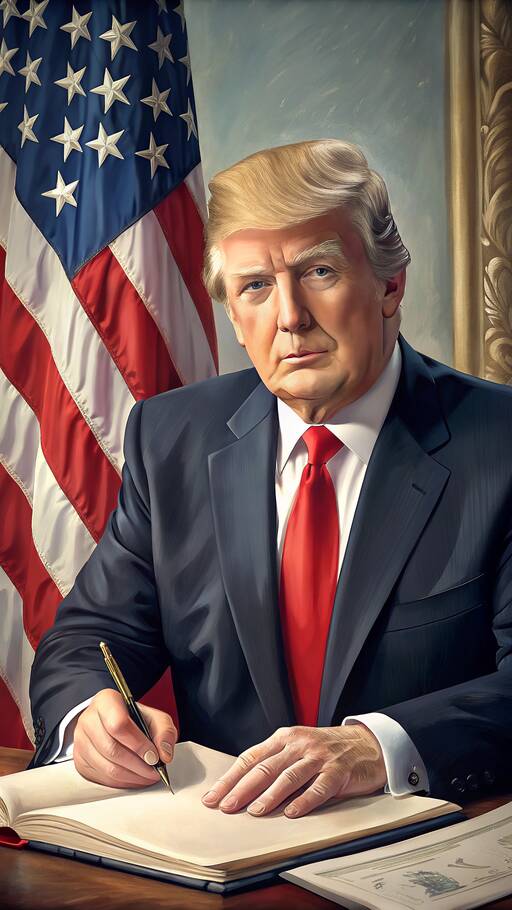
- Revocation of Funding: This ends the allocation of unspent government funds that were designated for EV charging stations.
- State Waiver Repeal: There is an effort to end a waiver allowing states, like California, to ban internal combustion engines by 2035.
- Market Neutrality: The order urges the removal of "unfair subsidies" and other market distortions that favor EVs over other technologies.
Trump's administration may need the collaboration of the Environmental Protection Agency (EPA) to establish new regulations supporting these changes.
Automakers have expressed concern over the unpredictability these shifts create:
- 2024 Request to Trump: An alliance of automakers appealed to the president with a letter titled "Automakers to Trump: Please Require Us to Sell Electric Vehicles." They emphasized the need for consistency, having invested heavily in EV development.
It remains uncertain whether the Trump administration can overturn existing emissions standards through executive orders alone. Collaboration with the EPA for new legislation may be necessary.
Trump's plan directs the EPA to reconsider current emissions rules, which currently demand automakers' EV sales to adhere to 30-56% by 2032. The Department of Transportation maintains similar standards, adding complexity to potential changes.
Summary: President Trump's executive order effectively revokes Biden's EV targets, causing uncertainty for automakers who are aiming for stability. This move may require collaboration with the EPA to navigate emissions standards and market regulations.